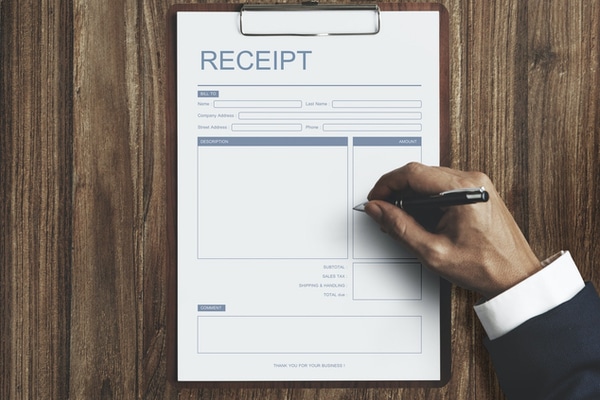
Did you know that Canadian charities offer a charitable tax receipt for certain items that you donate or gift? However, the gift or donation must meet specific criteria described in the Canada Revenue Agency (CRA) guidelines. Let’s look at what will and will not meet these criteria.
Is the recipient eligible to give charitable tax receipts?
Firstly, to issue tax receipts, the organization must be registered with the CRA as a “qualified donee.” The list includes charitable agencies, arts foundations, amateur athletic associations, municipalities, and more. So, if you have a donation, look beyond the typical charities to see who might benefit most from your gift.
Is it a gift or donation, and is it “property”?
Next, the item must be given freely as a gift. If you donate the item because of an obligation, it is not a valid donation. In this case, you won’t receive a receipt. Also, the contribution must be, as the CRA describes it, “property” – something you own like cash, securities, land, buildings, or other goods.
Regrettably, you won’t get a receipt if you donate your services because there are special rules for gifting services and gift certificates to charities.
It’s a donation, and it is “property.” Do I get a receipt?
For the recipient to issue a charitable tax receipt, they have to know the item’s fair market value. You can find the fair market value of many articles online. For example, the Apple Trade-In program estimates what their products are worth. You can also use online auction and classified ad sites (e.g. eBay, kijiji, etc.) to assess an item’s value. Generally, if any single item is presumed to be worth more than $1000, the CRA recommends engaging a third-party specialist to determine the value.
However, appraisals (and issuing receipts) cost the agency money. There are the labour costs for their staff to book an appraiser, verify the assessment, and issue the receipt. They may also have to pay the appraiser. Because of the costs involved with determining fair market value and issuing receipts, charities may not give them for items with an estimated value of less than $1000 – including used household goods.
Should I bother donating my stuff?
YES! If the charity agrees to accept your stuff, you should absolutely donate it. While the fair market value of your items may be low, your unwanted clothes could be worth thousands of dollars to someone else. The computer you no longer use could help a high school student get to college. And the furniture you cleared from your grandparents’ estate might furnish a home for refugees who lost everything fleeing their homeland.
Receiving a tax receipt for a charitable donation is a nice financial perk, but knowing your gently used goods will have a new home is a win-win situation.
Contact the Out of Chaos team today if you need assistance moving, downsizing, or just clearing the clutter.
Image by rawpixel.
